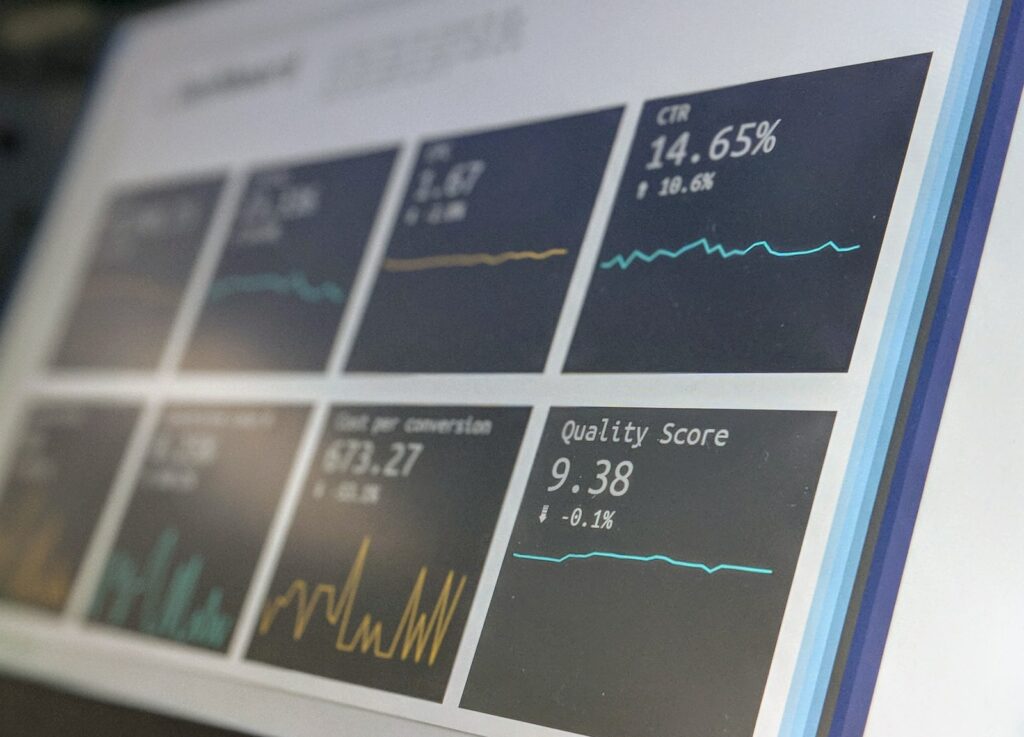themes
Improving care for people with long term neurological conditions
About this theme:
The care that people with long term neurological conditions require can vary over the course of the condition. Our research into improving care for people with long term neurological conditions sits within two broad areas:
Quality of life
Long term neurological conditions can impact the quality of life of patients and their carers. Our research focuses on factors that influence quality of life. Key areas include:
- Promoting patient self-management and support for caregivers.
- Developing measures and metrics of patient and carer quality of life and related outcomes.
- Understanding individual care requirements and the factors that affect these.
- Evaluating how the delivery of care affects patients and their carers.
Digital care
Advances in technology and digital care offer new opportunities to deliver care differently. Our research aims to investigate how to maximise this opportunity. Key areas include:
- Enabling people to access and use digital health technology, including online care platforms to support self-management and care delivery.
- Developing strategies to support patients and carers to better manage their care using online resources.
- Empowering healthcare professional use of digital health technology, including optimising use, increasing confidence, and sharing skills and expertise.
Researchers working within this theme:
Chris is a Consultant Neurologist with subspecialty interest in behavioural neurology and cognitive disorders, and Professor of Clinical Neurology and Dementia at University Hospital Southampton and the University of Southampton. He leads the Cognitive Disorders service at the Wessex Neurological Centre.
Chris is Clinical Director for Research and Development at...
John is a senior research fellow within the NIHR ARC Wessex, Ageing and Dementia Theme, based in the Faculty of Medicine at University Hospital Southampton.
John’s research interests include digital health technology in the context of long-term neurological conditions and neurodegenerative diseases, young-onset dementia care and psychosocial experiences, and psychosocial measurement...
Sarah joined the Faculty of Medicine at the University of Southampton as a Senior Research Fellow in 2016 and has extensive experience carrying out research into care for people with long-term neurological conditions.
Sarah’s research often focuses on the patient perspective and she is keen to increase the participation of...
Patricia is a Research Fellow within the Faculty of Medicine at the University of Southampton.
She is currently working on the Optimising Outpatients project. This project is using interview and focus group data from our research group together with survey data from the Neurological Alliance and Association of British Neurologists...
Theme projects:
This study uses surveys and focus groups to identify the factors that help to maintain an individual’s optimal level of...
University Hospital Southampton utilises the patient online platform My Medical Record, enabling the sharing of relevant documents, addition of personal...
The use of e-health platforms is expanding rapidly, but their promise of more efficient and effective healthcare will not be...
The economic burden of long term neurological conditions pathways is difficult to quantify. With the ambition to deliver care differently...
During Covid non-face-to-face care increased significantly and was often replaced by digital care (phone, email, video, apps). As we continue...
Digital technology has the potential to help reduce variation in care, make care more personal, improve integration of care, identify...
The Young Onset Dementia Assessment Study (YODA) is a longitudinal prospective cohort study with multiple aims, including: a) Improve the...
The number of people living with a neurological condition is increasing. This means there will be increasing demand on existing...
Digital health platforms can improve care and support self-management, but only if they actually work and if people make use...
Featured theme publications:
Quality of life (QoL) has seldom been investigated or explicitly measured in young-onset dementia (YoD). The aims of this study were (1) to investigate and compare QoL self- and proxy...
Post-diagnostic care in young-onset dementia (YoD) varies, from something that is occasionally structured, to improvised, to frequently non-existent depending on geographic region. In a few regions in England, a nurse...
The reasons for acute hospital admissions among people with Parkinson’s disease are well documented. However, understanding of crises that are managed in the community is comparatively lacking. Most existing literature...
Complex long-term neurological conditions often require the input of several health care teams across primary and secondary care settings. Personalised care plans allow for integrated care planning and improved communication...
The use of digital health technology to promote and deliver post diagnostic care in neurological conditions is becoming increasingly common. However, the range of digital tools available across different neurological...













